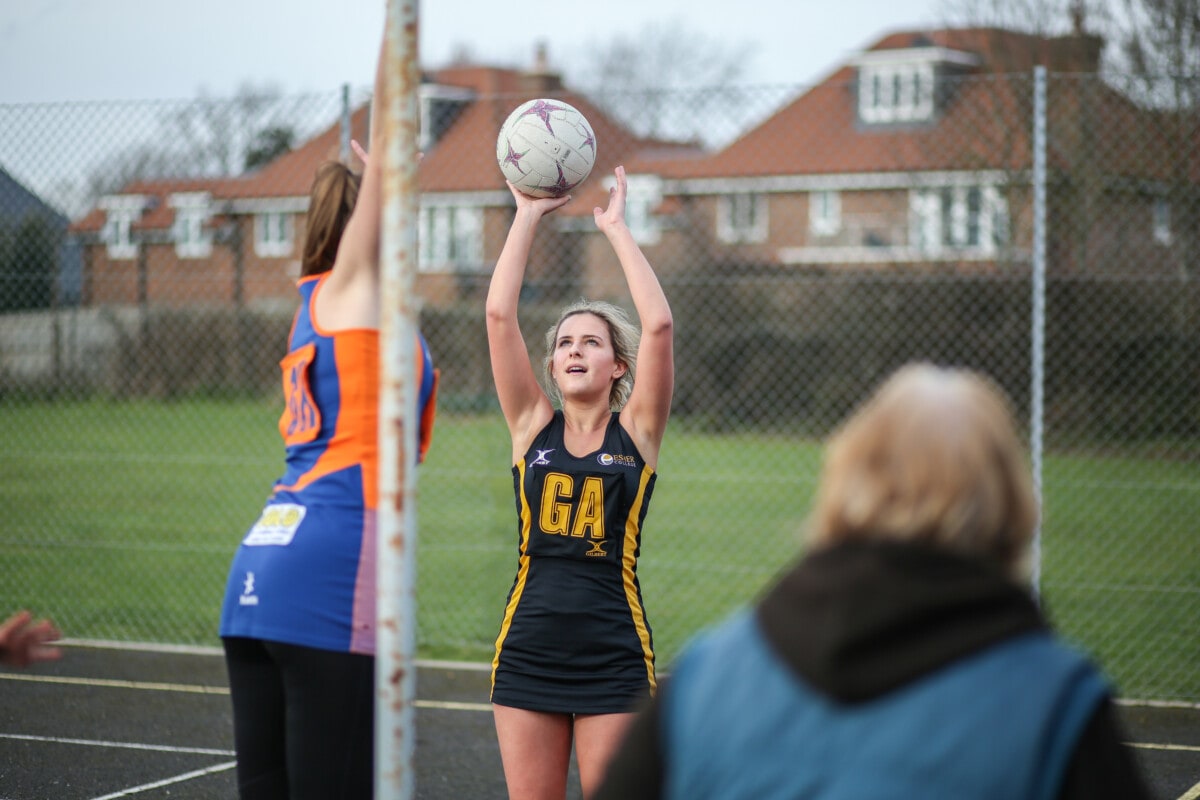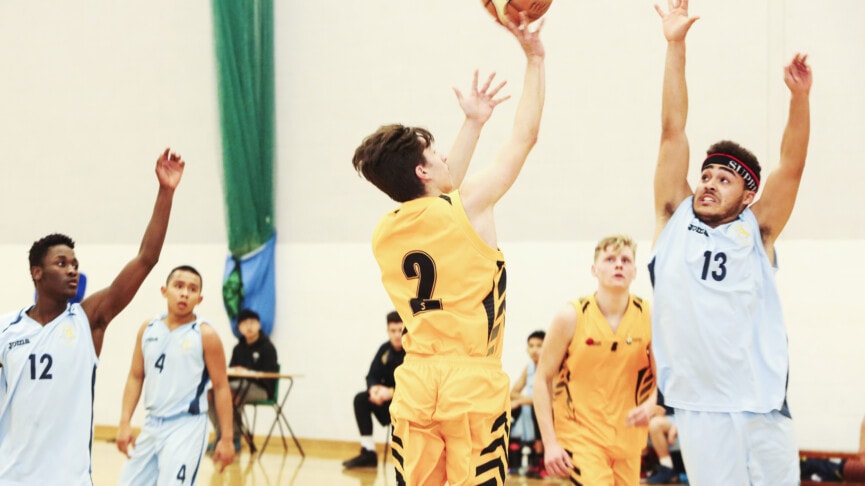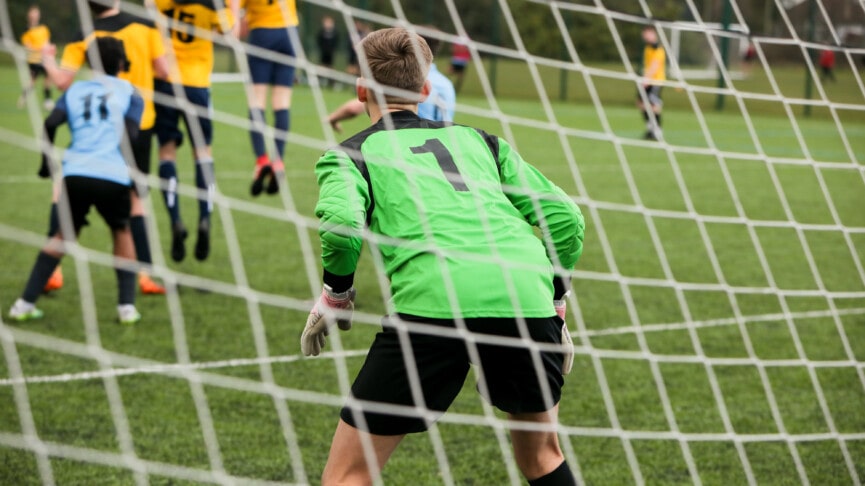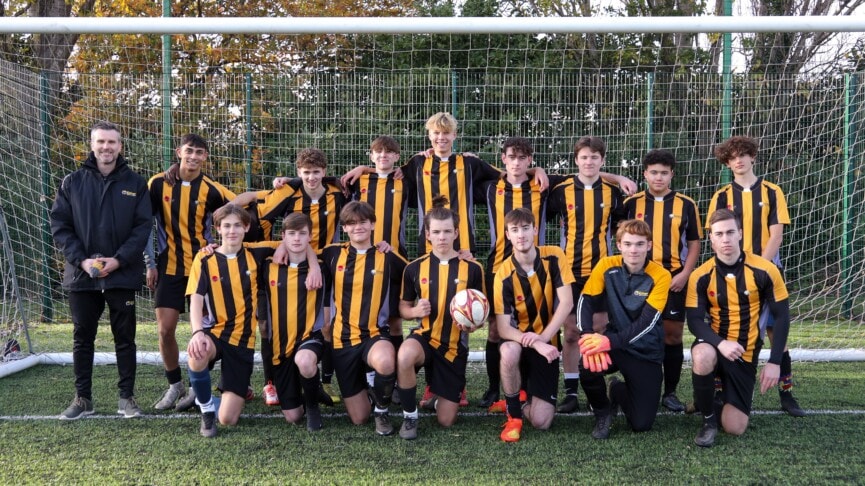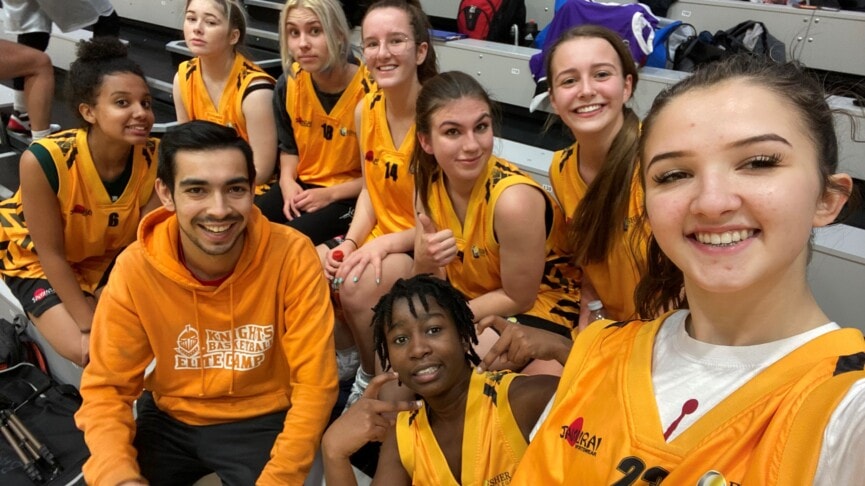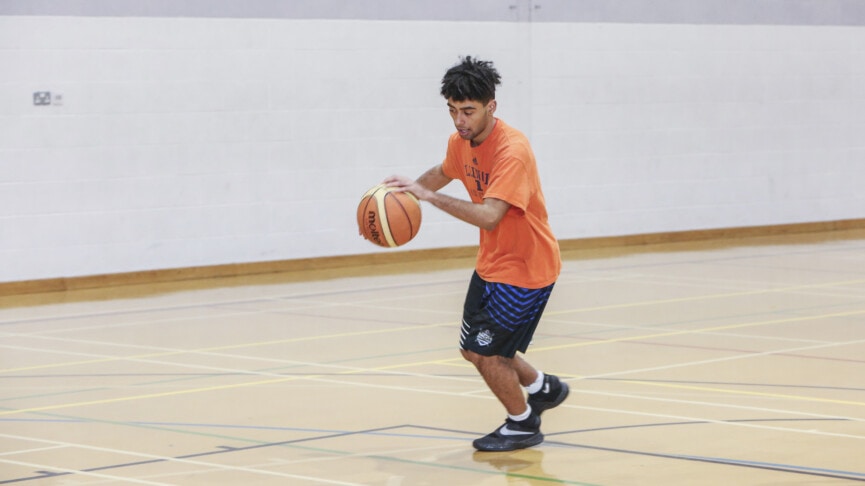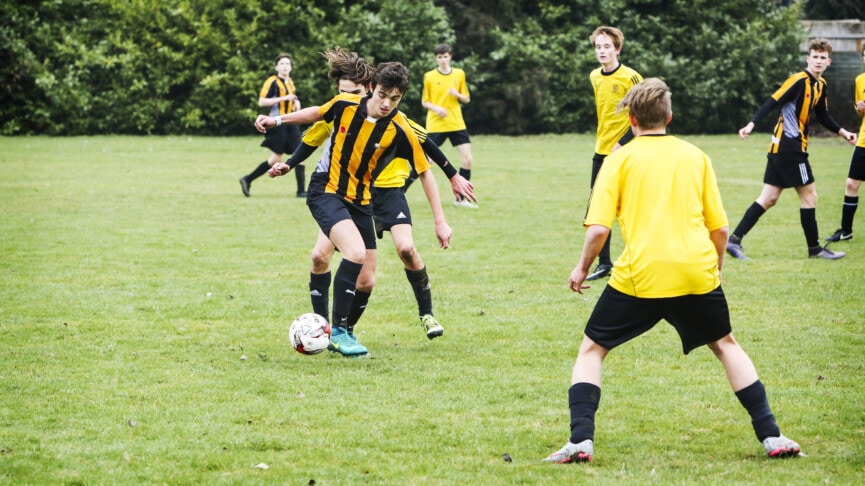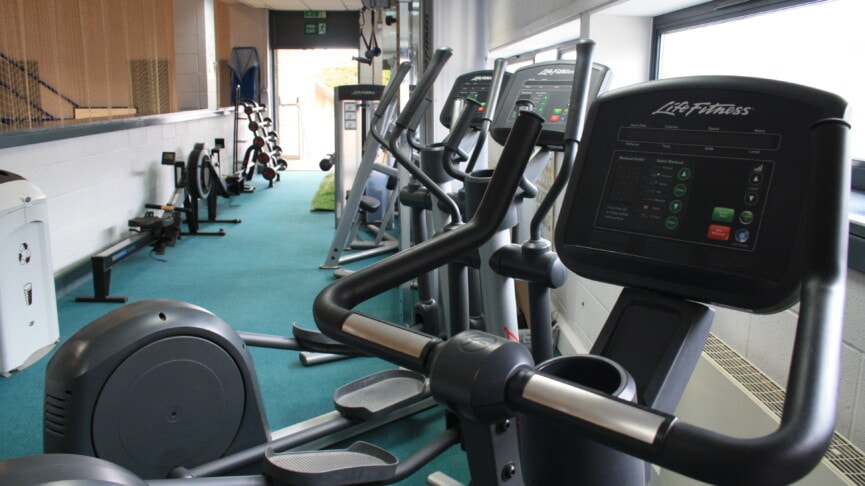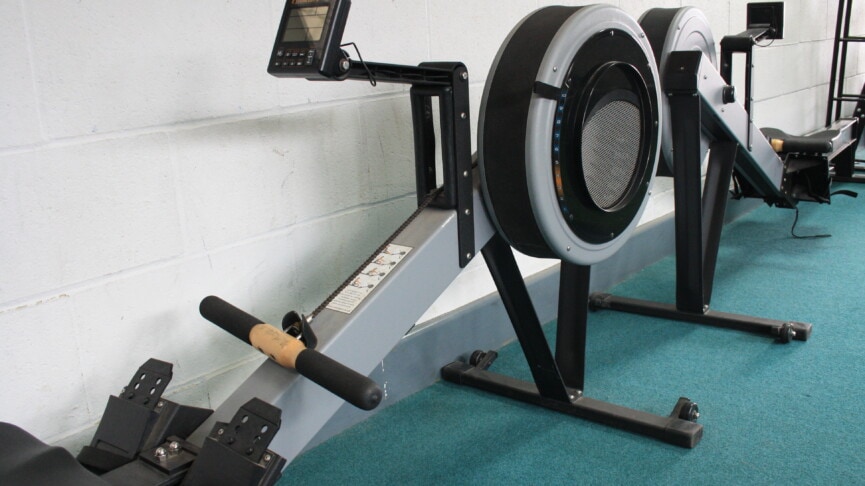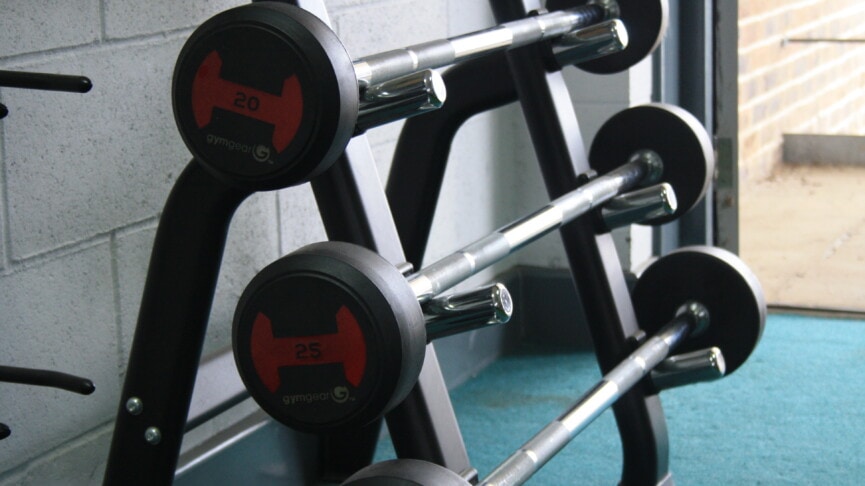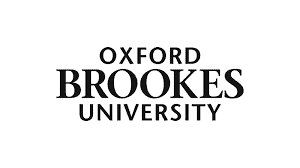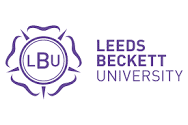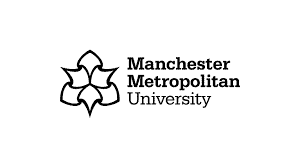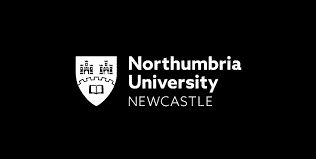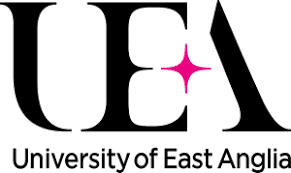Overview
A Sports Coaching and Development BTEC is a stimulating and challenging course for students wishing to progress to higher education or pursue a career in sport and recreation.
At Esher, we offer two BTEC courses. The single BTEC National Extended Certificate, equivalent to one A Level, and the double BTEC National Diploma, equivalent to two A Levels.
Both courses are two years and are nationally recognised, vocational qualifications. They are an ideal platform for students wanting to begin building the foundations for a career in the sports industry. E.g. Sports coaching/teaching, sports development, fitness instructor and sports management.
Entry Requirements
Aside from the general entry criteria that the College requires, an interest in coaching is critical and ideally Grade 4 in English Language GCSE. If you have taken GCSE PE you are expected to have achieved Grade 4 or above, but you can take this course without having previously studied PE GCSE .
Course Details
Both courses are designed to develop knowledge and practical skills in the broad field of sport, leisure and fitness.
Examples of the units studied by both courses over the two years include: Careers in the Sport and Active Leisure Industry; Health, Wellbeing and Sport; Developing Coaching Skills. The BTEC National Diploma (equivalent to two A Levels) includes additional units on Sport Development; Self-employment in Sport and Physical Activity, Applied Coaching Skills and Anatomy and Physiology.
Learning for both BTEC courses is based on theoretical and practical sessions, which link current theoretical concepts to applied settings. Students will engage in class-based activities, participate in practical activity, lead coaching sessions, individual and group research and learn from visiting speakers and personal experiences.
Assessment
Both the BTEC National Extended Certificate and BTEC National Diploma consist of 100% coursework, which consists of written assignments, presentations, practical assessments and work experience.
Subject Combinations
A Sports Coaching and Development BTEC combines well with most subjects, including Information Technology BTEC, Business Studies A Level and Psychology A Level due to the various units studied. This course can be taken in combination with Physical Education A Level as there are limited links with the units covered in the PE A Level specification.
University Destinations
The Sports Coaching and Development BTEC is a highly respected qualification, with 90% of our students progressing onto university.
Here are some typical university destinations that our Sports Coaching and Development BTEC students go on to. Click on a destination to see some examples of courses they have taken.
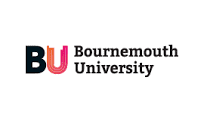
Bournemouth University
Typical courses: Marketing Communications with Public Relations / Multimedia Sports Journalism / Sport Coaching / Sport and Exercise Science / Marketing Communications with Public Relations / Sport Coaching
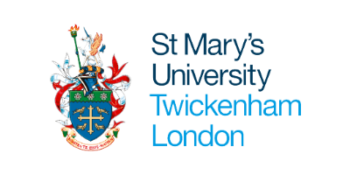
St Mary's University, Twickenham
Typical courses: Sports Management (with Placement Year) / Physical Education / Sport and Youth Development / Chelsea Football Club Foundation Coaching and Development / Sports Management (with Placement Year) / Physical Education, Sport and Youth Development

University of Sussex
Typical courses: English Language and Linguistics / Psychology with Criminology / Business and Management Studies / Psychology (with a professional placement year)

Hartpury University and Hartpury College
Typical courses: Sport and Exercise / Nutrition Sports Coaching
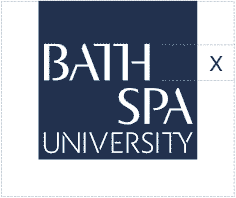
Bath Spa University
Typical courses: Commercial Music / Film, Television and Digital Production / Business and Management (Entrepreneurship) – Professional Placement Year
Careers
Many students progress to study sport-related degrees at university, including sports science, teaching, sports psychology, sports studies and sports coaching. Equally, students may choose to go straight on to employment within the broad spectrum of sport-related jobs.
FAQs
What skills will I need and develop on this course?
Students will need a keen interest in sports coaching and be prepared to develop their coaching expertise throughout the course.
Many lessons will be practically based and involve students actively leading coaching activities to others in the group. This will require learners to be conscientious during the planning phase and confident in managing groups of participants within a teaching/coaching setting. Skills such as communication, session organisation, feedback and group management will be developed but learners should be prepared to challenge themselves to enhance these skills throughout the course.
Additionally, learners will acquire a vast range of coaching/pedagogical theory that they will be expected to embed within their applied practice of coaching. It is essential that students are prepared to participate/coach across a variety of sports on a frequent basis and will need a willingness to lead coaching sessions for children and community groups. Those students on the second year of the Diploma will need to organise coaching placements within a community setting. A willingness to act on feedback from coaching sessions in order to enhance future performance will be a critical skill. Finally, extended writing skills with a high degree of literary quality will be vital for the completion of theoretical coursework assessment which will support the practical coaching assesments.
